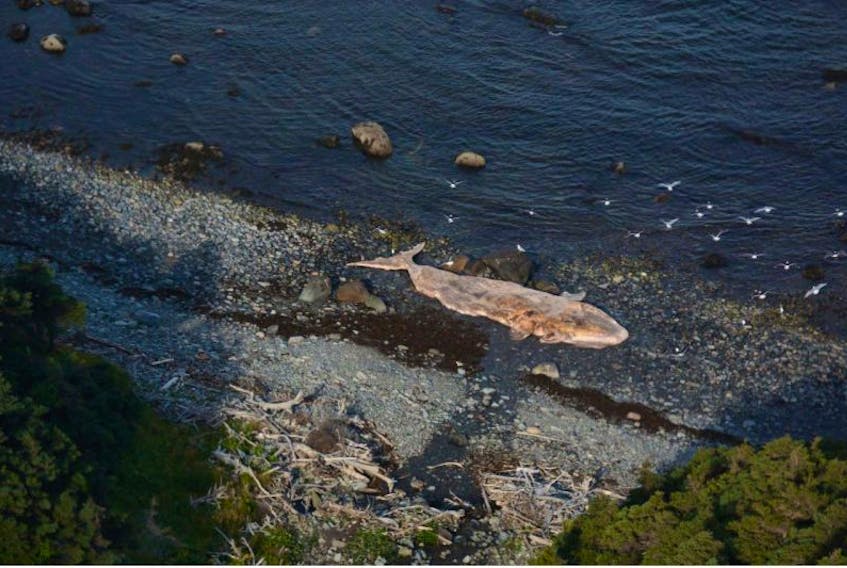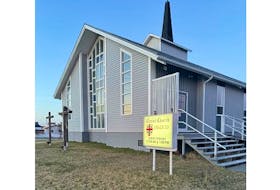OTTAWA – The Government of Canada has announced new measures for 2018 to help protect endangered North Atlantic right whales.
To counteract an unprecedented number of right whale deaths in the Gulf of St. Lawrence in 2017, a number of measures were put in place.
They included shutting down the snow crab fishery in the area to cut down on the instances of gear entanglements, increasing surveillance and requiring large vessels to slow down to avoid collisions with the animals.
Fisheries and Oceans Minister Dominic LeBlanc has approved 10 measures for this season after consulting with partners, experts, stakeholders and Indigenous groups over the winter.
The new measures are:
- Imposition of a mandatory speed restriction from April 28 until Nov. 15 for vessels 20 metres or longer to a maximum of 10 knots when travelling in the western Gulf of St. Lawrence. The speed restriction zone may be changed as needed.
- Allowing vessels to travel at normal speeds in parts of two shipping lanes north and south of Anticosti Island when no whales are in the area. A 15-day mandatory slowdown of 10 knots will be activated within a section of the shipping lanes when one North Atlantic right whale is spotted and can be extended as needed.
- Opening the southern Gulf snow crab season earlier (if possible) and closing the season earlier with all fishing fleets in area 12 beginning simultaneously. All snow crab gear must be removed from the water by June 30, 2018, two weeks earlier than normally scheduled.
- Introducing temporary and fixed fisheries management areas and closures where right whales are observed.
- Lifting the pause on right whale disentanglements following a review of the risks involved and using advice from experts. Fisheries and Oceans Canada is committing $1 million per year to support marine mammal response groups, which is a significant increase from previous years.
- Reducing the number of traps in the midshore fishery in Crab Fishing Area 12 compared to 2017.
- Increasing aerial and at-sea surveillance to detect whales.
- Implementing licencing requirements at certain fisheries for harvesters to keep better track of rope and buoys, and mandatory reporting of lost gear.
- Adding a reporting requirement to all commercial licences that all interactions with marine mammals must be reported.
- Increasing the frequency that snow crab vessels are now required to report their activity on the water through the Department of Fisheries and Oceans’ (DFO) vessel monitoring system to ensure compliance with new measures.
The measures may be changed as needed over the season, according to the Department of Fisheries and Oceans.
Twelve North Atlantic right whales died in the Gulf of St. Lawrence last year, a significant number given there are only approximately 450 left in the world with roughly 100 of those females of breeding age.
Environmental group Ecology Action Centre is applauding the measures.
"These are unprecedented measures and indicate the Government of Canada is finally taking action to protect and recover these migratory whales in our waters," Shannon Arnold, the centre’s marine policy coordinator, said in a news release.
"The fixed and rolling closures in the Gulf fishing area show that the government is willing make serious interventions to improve this situation. We know these will be extremely challenging to implement effectively for the whales and safely for the fishermen, which is why the announced increases in aerial surveillance and real-time information dissemination is also a critical."









